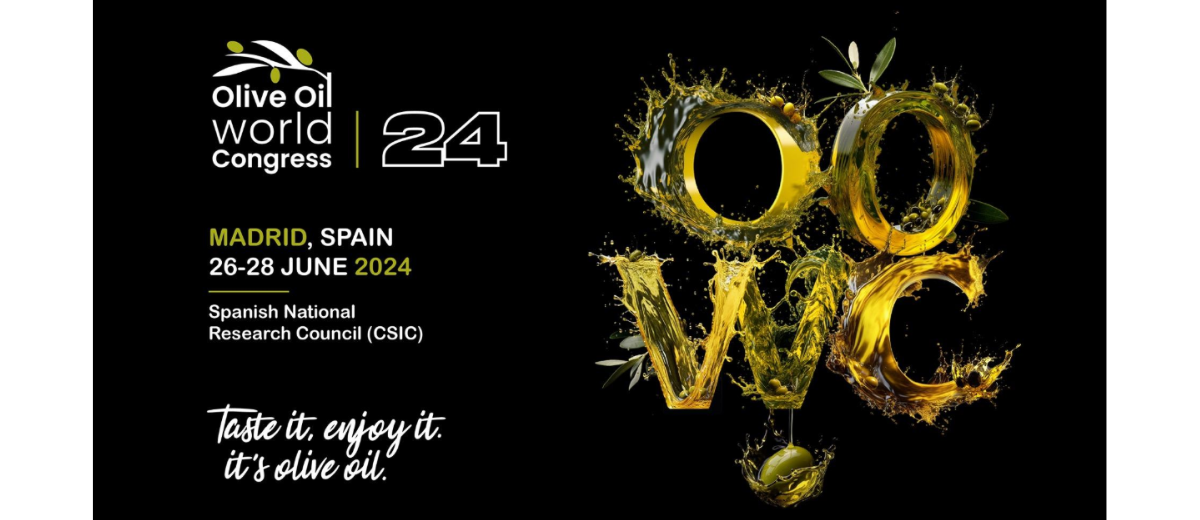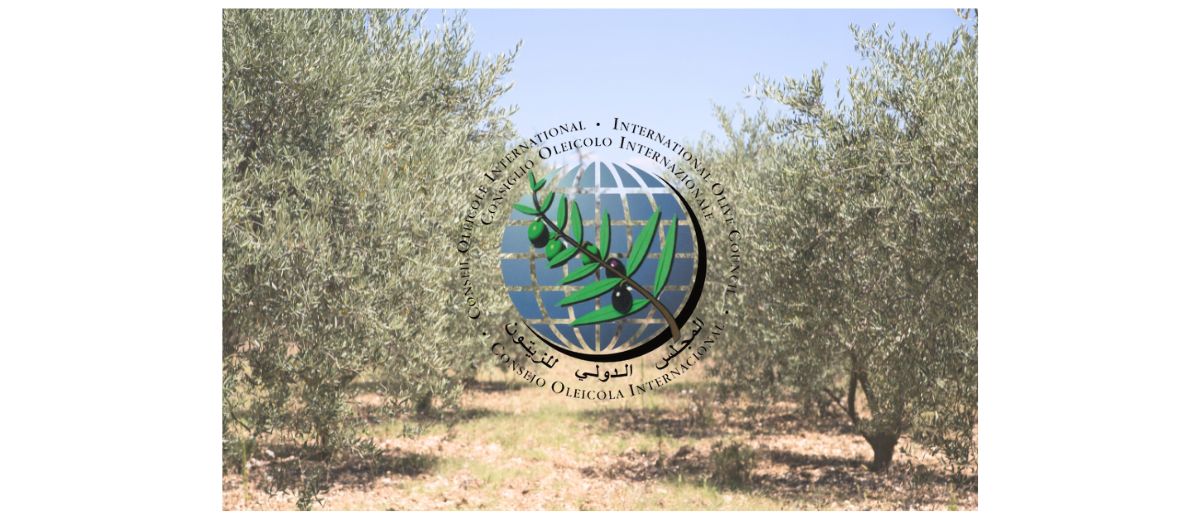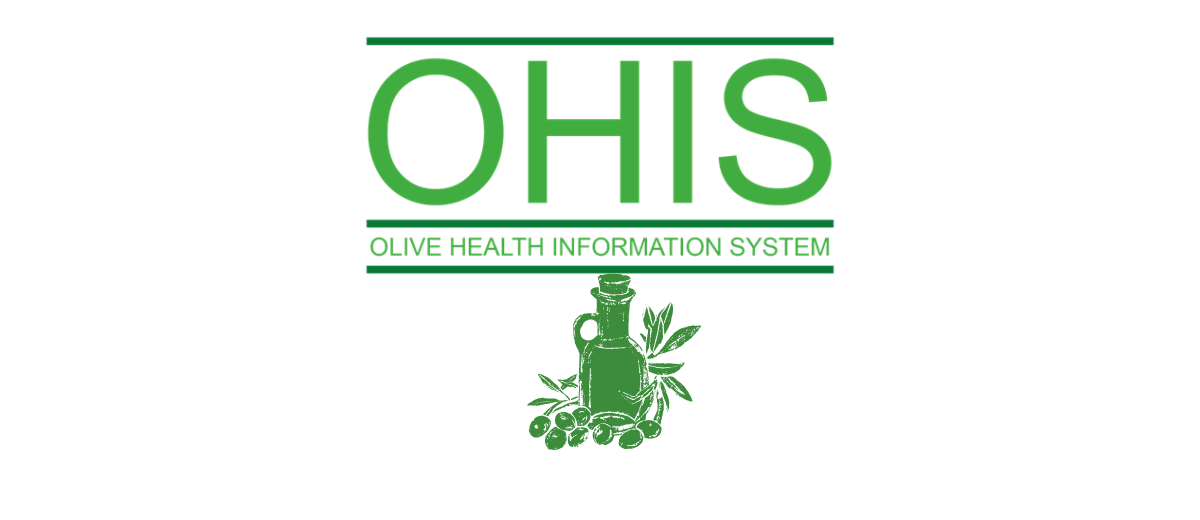A key event dealing with the sector’s challenges and opportunities
The Olive Oil World Congress’ (OOWC) first edition took place in Madrid last week, from Wednesday 26th to Friday 28th June, 2024. Over those three days, more than 300 registered participants from 25 nationalities gathered at the headquarters of the Spanish National Research Center (CSIC) to discuss about obstacles and possibilities for the olive oil sector at all moments of the product’s value chain. The OOWC – which counts on the IOC among its institutional partners – aims to convene biennially to take stock of the olive sector’s status, with a particular focus on climate change.
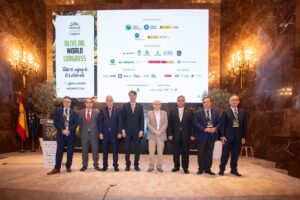 The opening and institutional act of the OOWC was attended by Abdessalem Loued, Chair of the IOC Advisory Committee; Javad Mirarab, Chair of the IOC’s Council of Members; Francisco Javier Moreno, Vice-President of International Relations of the CSIC; Pedro Barato, President of the Spanish Olive Oil Interprofessional; and Raúl Compés, Director of the International Center for Advanced Mediterranean Agronomic Studies (CIHEAM) in Zaragoza; followed by an inaugural presentation by Jaime Lillo, IOC Executive Director.
The opening and institutional act of the OOWC was attended by Abdessalem Loued, Chair of the IOC Advisory Committee; Javad Mirarab, Chair of the IOC’s Council of Members; Francisco Javier Moreno, Vice-President of International Relations of the CSIC; Pedro Barato, President of the Spanish Olive Oil Interprofessional; and Raúl Compés, Director of the International Center for Advanced Mediterranean Agronomic Studies (CIHEAM) in Zaragoza; followed by an inaugural presentation by Jaime Lillo, IOC Executive Director.
Loued stressed the need for innovation: “Quality is essential for conquering large markets that are not yet convinced about using olive oil in their food. We have to produce quality and offer consumers around the world this product at the best possible price and, for that, we need innovation”. For Mirarab, the OOWC has the potential to “bring the olive oil community together more intimately and with a double motivation: to examine problems and solve shortcomings”.
The opening speeches were followed by Lillo’s inaugural lecture entitled ‘A vision for the future: meeting challenges, leveraging opportunities’. The IOC Director stressed the need to “produce more oil and in a sustainable way, while also facing the challenges of globalization and climate change.”
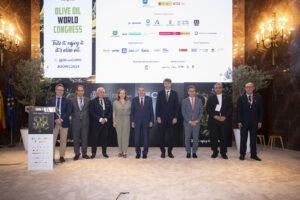 The closure of the OOWC counted on the intervention of Spain’s Minister for Agriculture, Fisheries and Food, Luis Planas, and other high-level authorities, including Eloisa del Pino, CSIC President, Ricardo Migueláñez, OOWC Secretary General, and the aforementioned Lillo and Compés. In his speech, Minister Planas highlighted that olive oil “is a unique element of the Mediterranean diet, but it is not only a food product, it shapes a lifestyle and a gastronomic culture that means health and future.” “We make policies based on scientific evidence, something that is fundamental to be able to face all the future challenges we have” he added.
The closure of the OOWC counted on the intervention of Spain’s Minister for Agriculture, Fisheries and Food, Luis Planas, and other high-level authorities, including Eloisa del Pino, CSIC President, Ricardo Migueláñez, OOWC Secretary General, and the aforementioned Lillo and Compés. In his speech, Minister Planas highlighted that olive oil “is a unique element of the Mediterranean diet, but it is not only a food product, it shapes a lifestyle and a gastronomic culture that means health and future.” “We make policies based on scientific evidence, something that is fundamental to be able to face all the future challenges we have” he added.
The OOWC was divided into eight segments, all of which tackled different aspects of the product’s value chain. A number of IOC officials participated as speakers or moderators over the three days. You can read more about the OOWC’s program and conclusions on the conference website.
